Felix Mendelssohn was a German composer and conductor. He was born in Hamburg on February 3, 1809 to an upper-class Jewish family. In 1811, the Mendelssohns moved to Berlin, marking their exit from the ghetto by converting to Protestantism. Felix Mendelsson became Jakob Ludwig Felix Mendelssohn-Bartholdy. Mendelssohn's mother first taught him how to play piano. The precocious boy performed his first concert at nine.
In Berlin, Mendelssohn studied composition with Carl Friedrich Zelter, a friend and musical consultant to Goethe. In 1821, Zelter introduced Mendelssohn to J. W. Von Goethe, who was impressed by the 12-year-old. Goethe became Mendelssohn’s fried and mentor. Between 12 and 14, Mendelssohn composed 11 symphonies for strings. In 1824, he composed his first orchestral symphony.
At 17, success came when an overture Mendelssohn wrote was used in an adaptation of Shakespeare’s A Midsummer Night’s Dream. The piece had a strong, fairy-tale feel and would be incorporated years later in his famous Wedding March.
In 1829, he conducted Bach’s St. Matthew’s Passion. Mendelssohn’s interpretation gave new life to J. S. Bach’s music, which had languished for decades.
Mendelssohn’s fame grew. In 1830, he began touring Europe. Five years later, he was appointed conductor of the Gewandhaus Orchestra in Leipzig. In 1843, Mendelssohn founded a conservatory there. In 1844, he wrote his masterpiece, the elegant and melodic Violin Concerto in E Minor-Major. Mendelssohn's music adhered to classical models while exhbiting traits of Romanticism, the artistic movement exalting feeling and the imagination. He was also known for reworking styles of previous composers, particularly Mozart and Bach. Felix Mendelssohn died of a heart attack on November 4, 1847 in Leipzig. He was 38.
In Berlin, Mendelssohn studied composition with Carl Friedrich Zelter, a friend and musical consultant to Goethe. In 1821, Zelter introduced Mendelssohn to J. W. Von Goethe, who was impressed by the 12-year-old. Goethe became Mendelssohn’s fried and mentor. Between 12 and 14, Mendelssohn composed 11 symphonies for strings. In 1824, he composed his first orchestral symphony.
At 17, success came when an overture Mendelssohn wrote was used in an adaptation of Shakespeare’s A Midsummer Night’s Dream. The piece had a strong, fairy-tale feel and would be incorporated years later in his famous Wedding March.
In 1829, he conducted Bach’s St. Matthew’s Passion. Mendelssohn’s interpretation gave new life to J. S. Bach’s music, which had languished for decades.
Mendelssohn’s fame grew. In 1830, he began touring Europe. Five years later, he was appointed conductor of the Gewandhaus Orchestra in Leipzig. In 1843, Mendelssohn founded a conservatory there. In 1844, he wrote his masterpiece, the elegant and melodic Violin Concerto in E Minor-Major. Mendelssohn's music adhered to classical models while exhbiting traits of Romanticism, the artistic movement exalting feeling and the imagination. He was also known for reworking styles of previous composers, particularly Mozart and Bach. Felix Mendelssohn died of a heart attack on November 4, 1847 in Leipzig. He was 38.
RELATED
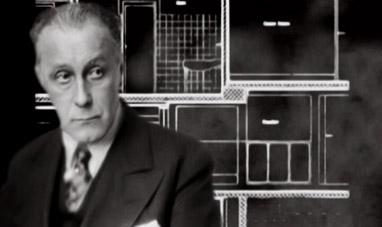

ADOLF LOOS
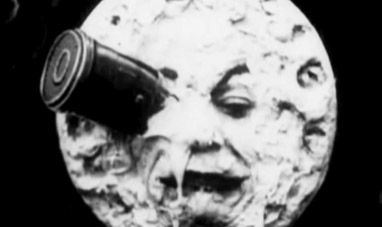

GEORGES MÉLIÉS
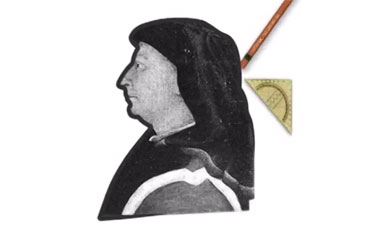

FILIPPO BRUNELLESCHI
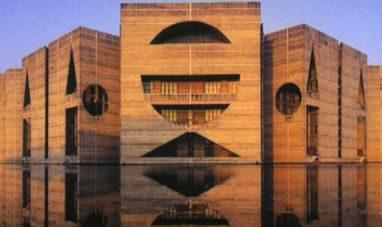

LOUIS KAHN


GIUSEPPE PENONE


KARL FRIEDRICH SCHINKEL
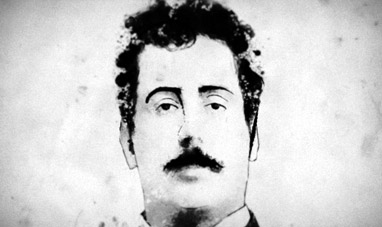

GIACOMO PUCCINI
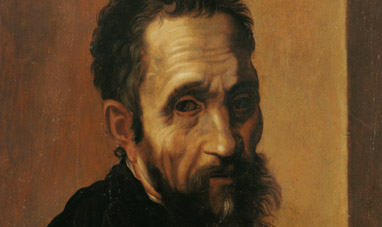

MICHELANGELO BUONARROTI
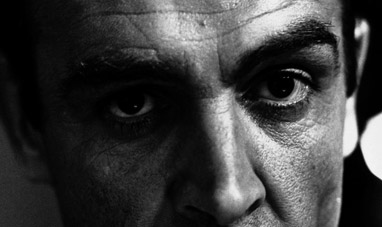

SEAN CONNERY


AKIRA KUROSAWA


VITTORIO DE SICA
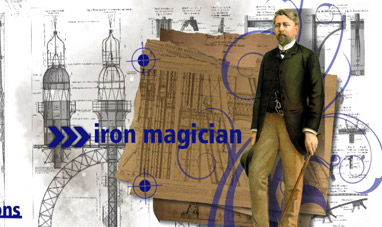

GUSTAVE EIFFEL


JOVANOTTI
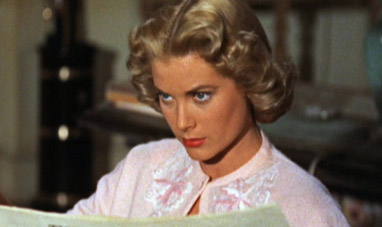

GRACE KELLY
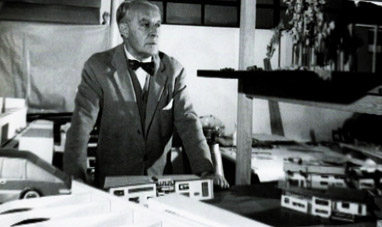

GIO PONTI
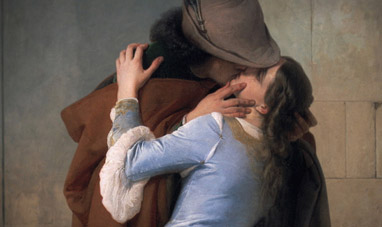

ROMANTICISM


LEON BATTISTA ALBERTI
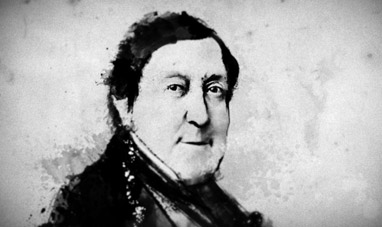

GIOACCHINO ROSSINI
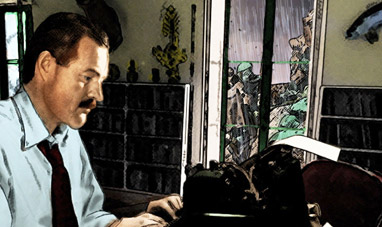

ERNEST HEMINGWAY


GEORGE BALANCHINE


EURIPIDES
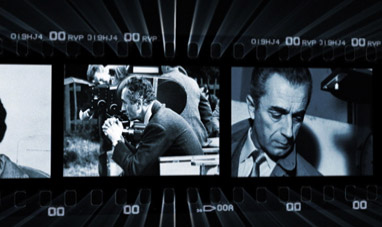

MICHELANGELO ANTONIONI


RUDOLF NUREYEV
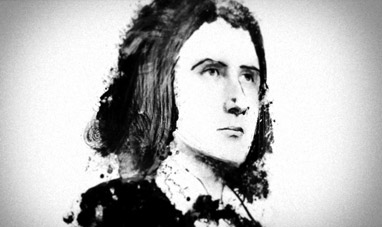

FRANZ LISZT
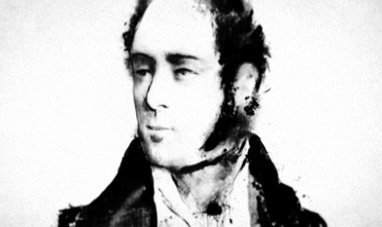

VINCENZO BELLINI


ANTONI GAUDÍ


LE CORBUSIER


FRANCIS BACON
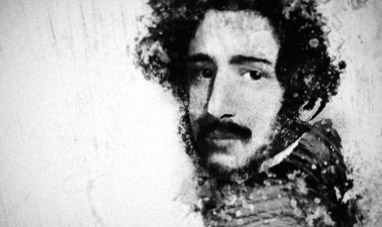

GAETANO DONIZETTI
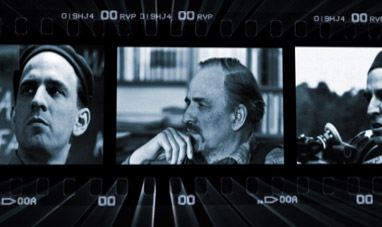

INGMAR BERGMAN
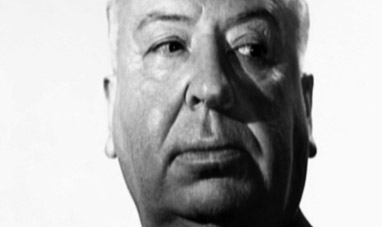

ALFRED HITCHCOCK


BRAD PITT
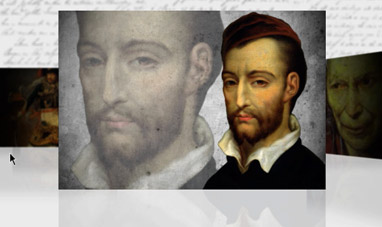

THÉODORE GÉRICAULT


JACK KEROUAC
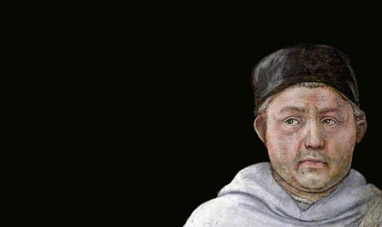

FILIPPO LIPPI
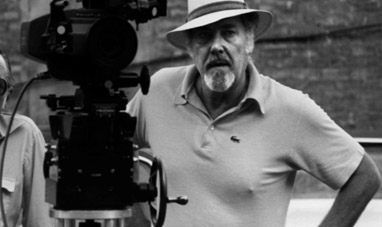

ROBERT ALTMAN
